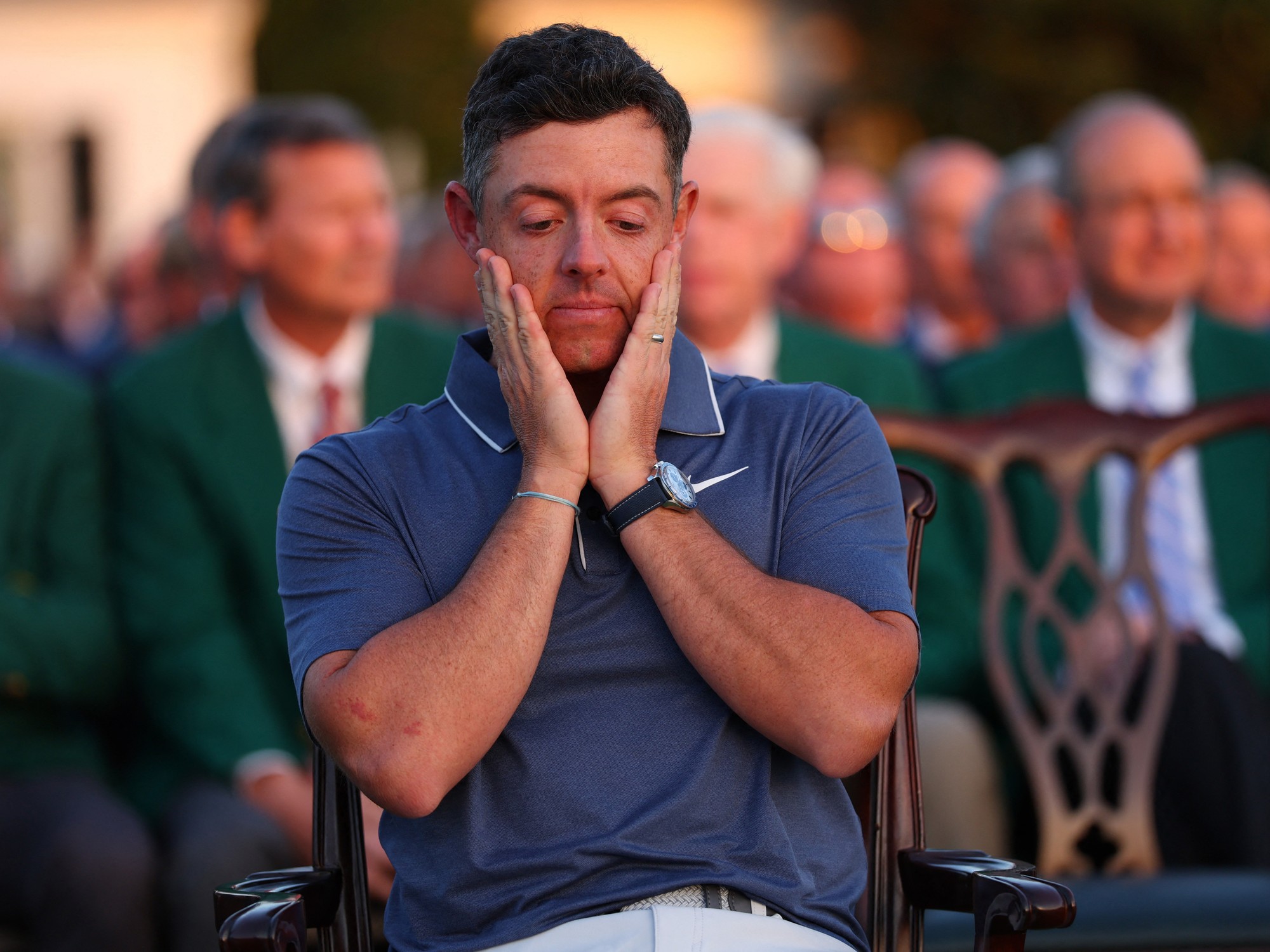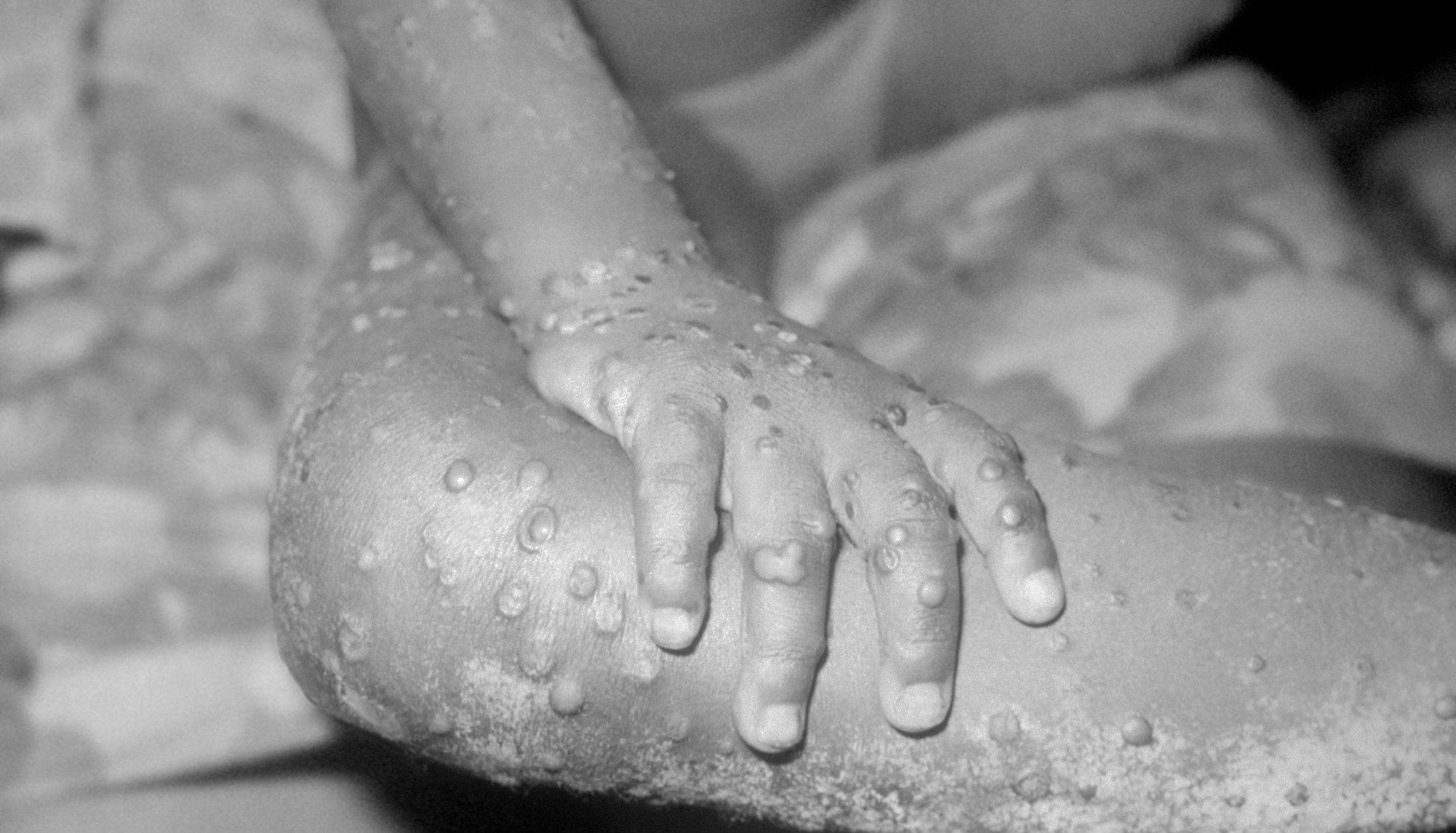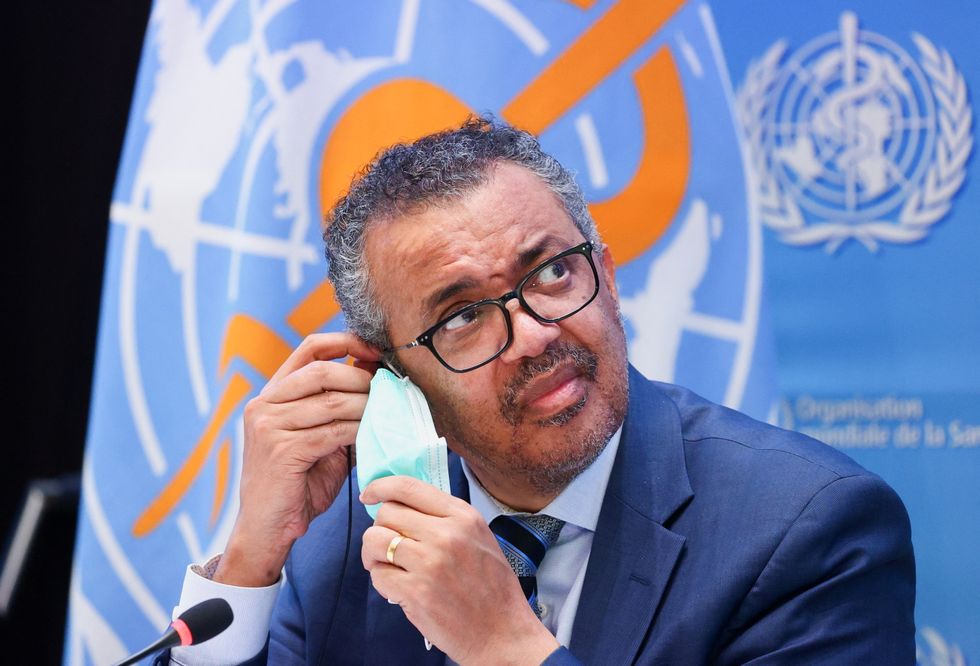It comes after more than 40 countries where monkeypox is not endemic have reported outbreaks of the virus
Don't Miss
Most Read
Trending on GB News
The World Health Organisation has decided to convene an urgent committee meeting in relation to the monkeypox virus.
The meeting will take place today and could see the virus being made an international public health emergency.
More than 40 countries where monkeypox is not endemic have reported outbreaks of the viral disease as confirmed cases exceed 3,000.
A generic photo of a monkeypox rash
PA
WHO Director-General Tedros Adhanom Ghebreyesus
DENIS BALIBOUSE
Monkeypox, which spreads through close contact and was first found in monkeys, mostly occurs in west and central Africa and only very occasionally spreads elsewhere.
The meeting will be chaired by Dr Jean-Marie Okwo-Bele former director of the vaccines and immunisation department at the WHO and co-chaired by Dr Nicola Low, associate professor of epidemiology and public health medicine, Institute of Social and Preventive Medicine at the University of Bern.
In a statement confirming the meeting the WHO said: “The Director-General of WHO is convening an Emergency Committee under Article 48 of the International Health Regulations in relation to the current outbreak of monkeypox virus.
“The meeting will take place on 23 June 2022 and is open only to members and advisors of the Emergency Committee.
“The objectives of this meeting are to provide views to the Director-General of WHO on whether the event constitutes a public health emergency of international concern and also on proposed potential Temporary Recommendations.”
While in the UK, tens of thousands of men are to be offered a vaccine in a bid to stem the monkeypox outbreak in the UK, health officials have said.
But, speaking following the vaccines news, Health Secretary Sajid Javid said monkeypox poses a “very low risk”.
He said: “We’re responding to monkeypox, but it’s still very low risk so I don’t think there’s anything in general for people to be concerned about. The UK Health Security Agency, with its partners, I think has given a very robust response.
“Yesterday’s announcement was just rightly making use of the vaccines that we have, we have plenty of them, and we’re using them in a targeted way to help protect those that are most vulnerable but also the health workers that are supporting them.”










